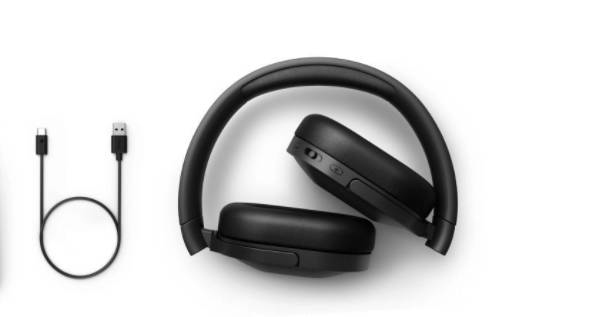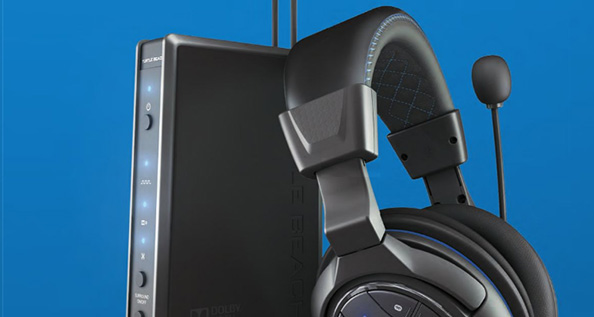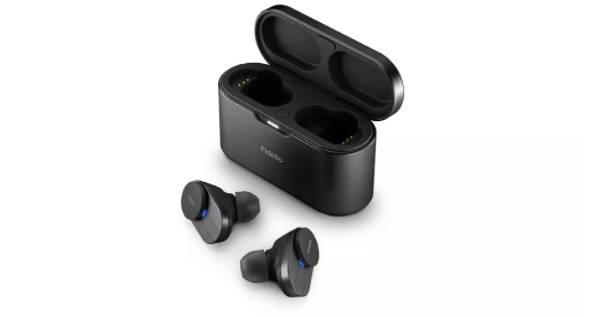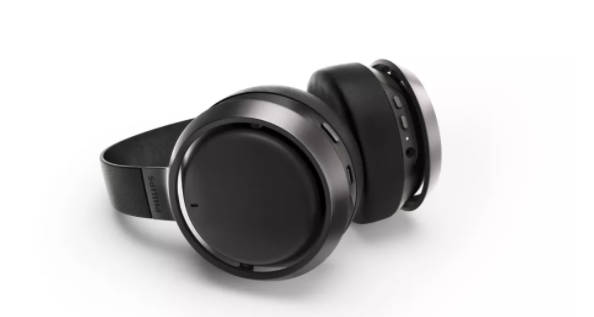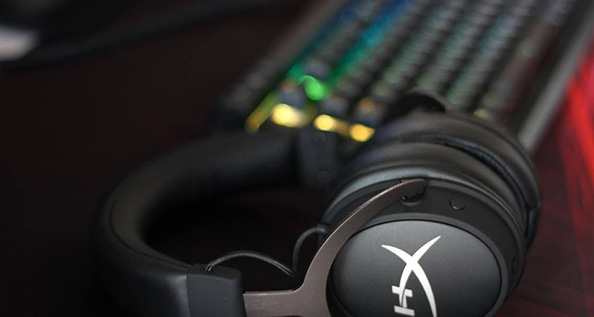Razer Opus Review
THX-tuned headphones with active noise cancellation
Razer is best known for its gaming products, but it strives to be a powerful audio brand as well. It bought THX in 2016, and since then has focused on incorporating THX technology into its gaming headsets and other products, including the new Razer Opus headphones. For $199.99, the wireless Opus headphones offer clean, clear audio with plenty of high-end finesse, along with solid active noise cancellation that helps block out sounds around you. These certainly aren't the most powerful headphones when it comes to bass response, but they offer good value for the price.
Design
The headphones look decidedly understated for Razer. There are no glowing lights, no splashes of green, and no big, bold circles or harsh angles among the design elements. This is simply a sleek pair of black headphones, covered in matte black plastic and faux leather. The soft earcups are large ovals, angled back slightly so they fit comfortably around your ears. The back of each earcup is flat, with a small, silver THX logo on it. Metallic Razer logos (a stylized name of the brand, not the Razer triskelion) can be found on the ends of the headband, just above where they connect to the earcups. It's a stylish look that appears very different from the company's headsets like the Kraken Ultimate (or Kraken Kitty Edition).
The physical controls are all located along the back and bottom edges of the earcups. The left earcup holds a USB-C charging port, a 3.5mm port, a power button, and a noise cancellation/ambient mode button. The right earcup holds volume up and down buttons, with a multifunction button between them. The buttons are all very thin and feel similar to each other, and the layout wastes all of that black space on the back panels of the earcups that can easily hold touch sensors or flat buttons. The design is simple, though, and the multifunction button is slightly lower than the volume buttons so you can at least easily find it under your fingertips.
The earcups fold flat and inward to fit inside the included hard-shell zip-up case. Razer is generous with accessories, including a USB-C charging cable, a USB-C-to-USB-A adapter, a 3.5mm headphone cable, and a two-plug airplane adapter, all of which also fit inside the case.
App Control
The Razer Opus app for Android and iOS provides some customization options, but it feels limited compared with some other headphone apps. You can switch between five different EQ presets, including THX (default), Amplified, Vocal, Enhanced Bass, and Enhanced Clarity. However, you can’t create a custom EQ preset, even if the app shows a five-band EQ to display what the curve looks like for each preset.
You can change features like Auto Shutoff (how long the headphones stay on without anything being played through them) and Auto Pause/Resume (which automatically pauses music when you take the headphones off, and plays it again when you put them back on). There are no adjustments for the ANC, however, which means you can’t tweak how strong the noise cancellation is. This isn’t surprising for $200, though; customizable ANC usually doesn’t come into play until you hit more expensive models like the $400 Bose Noise Cancelling Headphones 700.
Noise Cancellation
The active noise cancellation here is good at tamping down lower frequencies, but it doesn't block out higher frequencies as well. While the headphones lessened the rumble of my air conditioner as it pumped out cool air, I could still hear my fans buzzing away in the distance, like white noise.
The ANC doesn't produce any noticeable hiss on its own, which is an improvement over a common weakness in this price range. It does slightly affect audio performance, however, but it’s not a significant or unpleasant change; when noise cancellation is turned on, bass sounds a bit more powerful, which is actually nice.
This puts the headphones on comparable footing with the Sennheiser HD 450BT, which is a good place to be. If you want headphones that completely block outside noise, you’ll have to look into spending more on the Bose Noise Cancelling Headphones 700 or Bose QuietComfort 35 II.
Audio Performance
The THX-certified Opus headphones are tuned to offer a full, clear sound, though they don't provide much in the way of deep bass. The kick drum hits in Fleetwood Mac’s “The Chain” have enough punch to keep the beat, but they get little low-end force. That said, the guitar notes sound incredibly clean, with excellent stereo imaging and even a small sense of space around the earcups (an effect more often seen in pricey open-back models). The THX EQ preset sounds balanced and full, despite the lack of bass, though the Enhanced Bass preset doesn't do much to add low-end presence to the mix.
Yes’ “Roundabout” sounds pleasantly crisp and full here, with the opening acoustic guitar plucks getting a good sense of low-mid resonance and plenty of string texture. The electric bass doesn’t stand out in the mix and ends up sitting a bit in the background, but the guitar strums, cymbals, and vocals all come through with good balance and are easily discernible against one other.
The driving backbeat in The Crystal Method’s “Born Too Slow” has enough low-mid punch to keep the pace of the busy track, though again it doesn’t reach low enough into the bass range to really sound ominous. The screaming vocals and guitar riffs both come through with plenty of presence, with the snares and cymbals making the track exciting even with the relatively weak bass drum.
Solid, Stylish Sound
As Razer’s first step into active noise cancellation without a focus on gaming, the Opus headphones provide strong audio with excellent high-frequency finesse. They're a bit light on bass, and the ANC isn’t the most powerful out there, but these are still very good headphones for the price, especially if you like the understated design. That said, Sennheiser's HD 450BT headphones remain our pick for affordable noise cancellation, with better sound and ANC quality for the same price. If you want really powerful noise cancellation, meanwhile, the Bose Noise Cancelling Headphones 700 remain the best we’ve tested, though they cost twice as much. And if you just want quality sound without active noise cancellation, the Status Audio BT One headphones offer surprisingly strong performance for $100.




